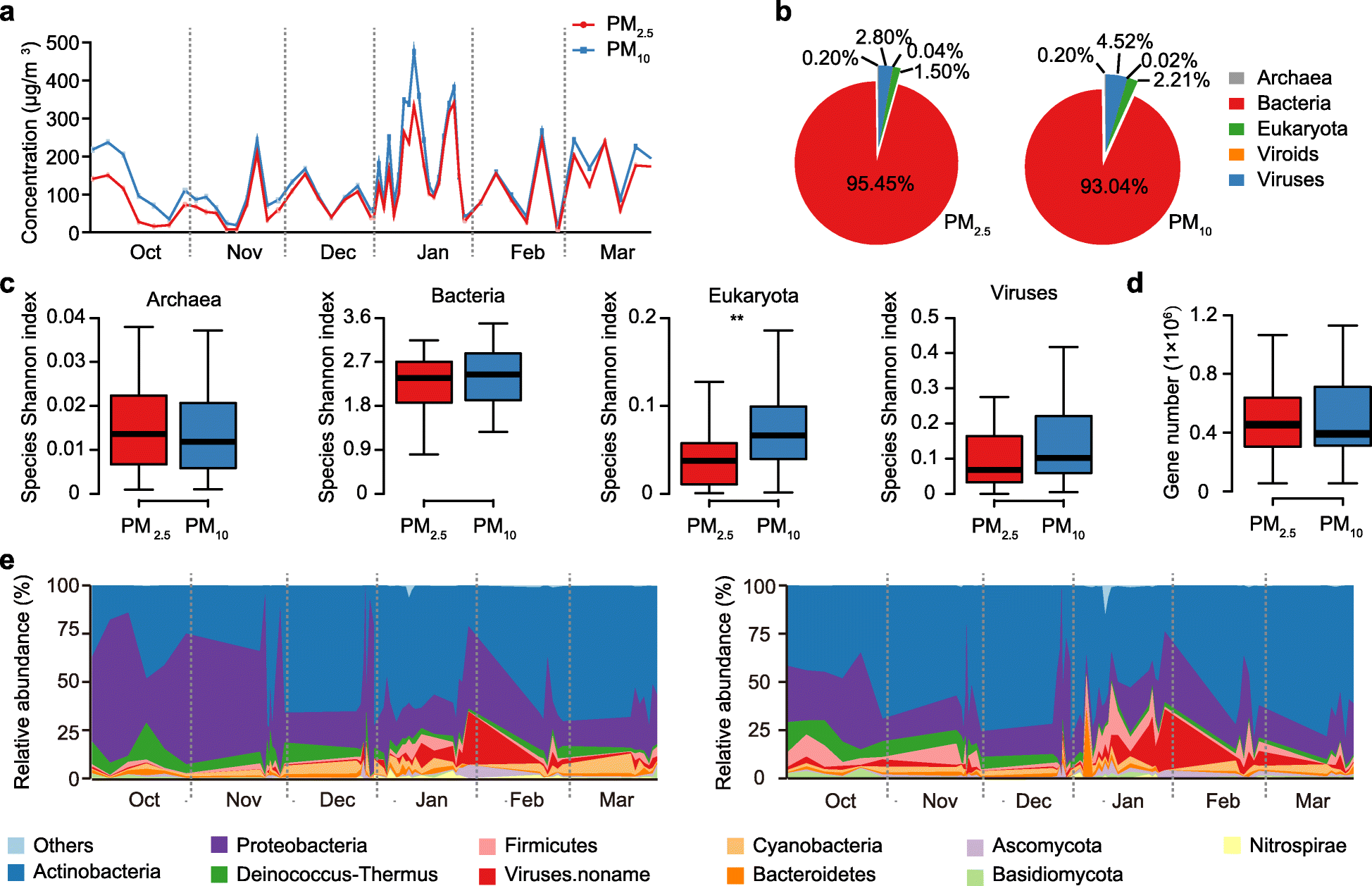Smog and particulate matter in the air can have major health impacts. Often, we only think about how the chemical compounds of air pollution effect us, but particulate matter also serves as an environment for bacteria to thrive. This study examines the composition of the airborne bacterial community in Beijing over a 6 month period.
Overall, the bacterial community was relatively similar at both high and low particulate matter size. However, it seems that when the air is heavily polluted, larger particulate matter allows for higher levels of bacteria. If I'm understanding the paper correctly, basically the larger particulate matter sizes give more surface area for the bacteria, and also allow interactions between the bacteria species, such as horizontal gene transfer.
So, next time you take a breath of fresh city air, remember it has bacteria from human, dog, and mouse feces floating around in it.
Zac Truesdell - Journal update - Genome Biology - 3
https://genomebiology.biomedcentral.com/articles/10.1186/s13059-020-01964-x


No comments:
Post a Comment